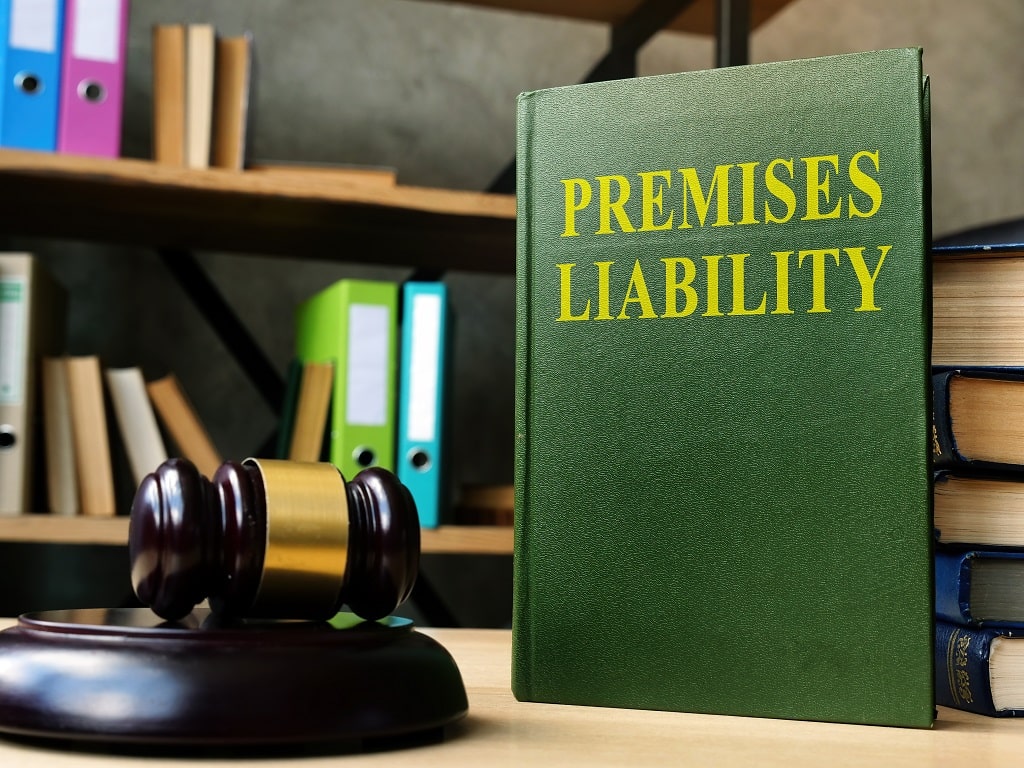

Sponsored Ads

Sponsored Ads

Things You Need to Know About Premises Liability Law
Owners may be held liable for injuries sustained by visitors while on their property. "Premises liability" is the term used for this. Every action involving a slip and fall is founded on premises liability. The legal defense goes like this: It was the property owner's duty to maintain paths safely. You can hold them liable for their hazardous surroundings if you slip on their property and hurt yourself. The case's plaintiff is a "lawful visitor" on the property. They could be a visitor staying at a friend's house, a shopper at a grocery store or mall, a delivery person delivering a parcel to an upper-floor apartment, or a picnicker in a public park; in other words, anyone who is on the property other than a trespasser. The defendant is the property's owner as well as any other individual, company, or organization that has actual authority over the location where the unsafe or defective state lies.Statute of Limitations
The amount of time someone has to file a lawsuit in a case is determined by the "statute of limitations." Personal injury claim statutes will apply to the vast majority of slip and fall incidents. A lawsuit for bodily harm or damage to personal property must be filed within two years of the cause of action accruing, according to law. In other words, if you believe that someone else's negligence caused your slip and fall injuries, you have two years after the accident to make a claim.Comparative Negligence
When calculating the amount of damages owed, several states use a modified comparative negligence rule. Failure to exercise a reasonable and acceptable amount of care under the circumstances is referred to as "negligence." Your own percentage of carelessness lowers the damages you are entitled to claim. You are not eligible for any award if your percentage of fault exceeds 50%. For instance, you can also be judged negligent if you slip and hurt yourself on someone's property while texting and not paying attention to your surroundings. A court judgment or settlement amount would be lowered by 20% if your negligence was 20% responsible for your fall.Determining Liability
With an average hospital bill of over $30,000, injuries from falls are among the most expensive medical ailments. It doesn't necessarily follow that someone is responsible for your injuries just because you hurt yourself on their property. You must demonstrate that a dangerous condition that the property owner knew about or should have known about caused your injury in order for the owner to be held liable in a slip and fall case.Final Thoughts
In any personal injury case, the plaintiff always bears the burden of proof. So, the plaintiff needs to prove that the defendant's negligence caused them damages. It can be done easily if they have a lawyer with them. A property owner should make the property safe for everyone. If they fail to do so, they need to answer the law.Sponsored Ads

Sponsored Ads

